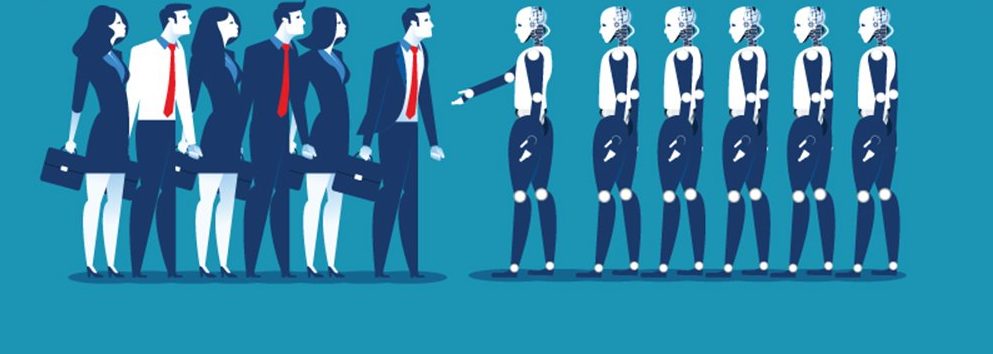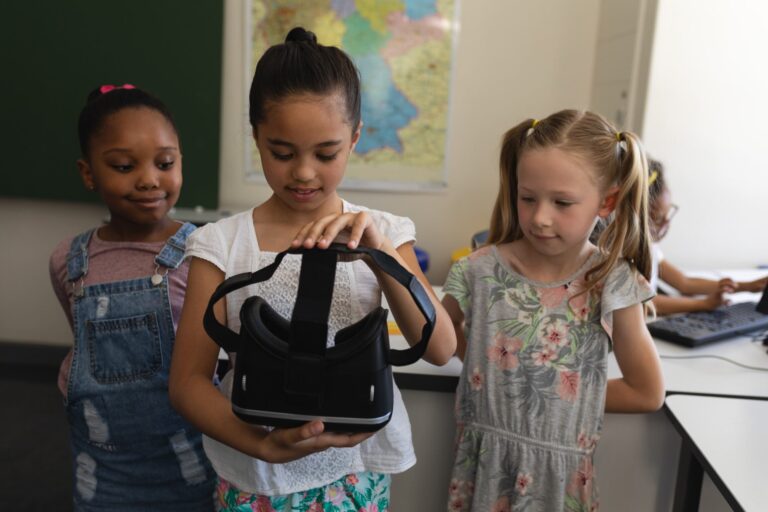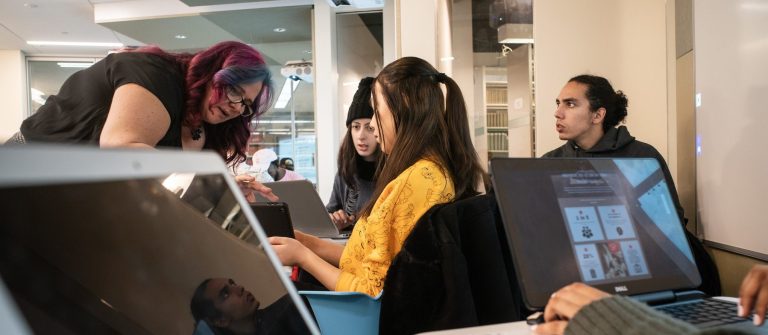Story Source: Computer Weekly ~ Go to Original Article
The need for reskilling and retraining due to the impact of artificial intelligence (AI) and automation technology will be massive, affecting more than 120 million workers across the world’s 12 largest economies, according to IBM’s Institute for Business Value.
In a report entitled The enterprise guide to closing the skills gap, the institute indicated that while only 41% of employers have the required people, skills and resources in place to execute their business strategies effectively today, the situation will only get worse as demand for new – particularly soft – skills continues and expertise focused around repetitive, rules-based activities becomes progressively obsolete………………..



